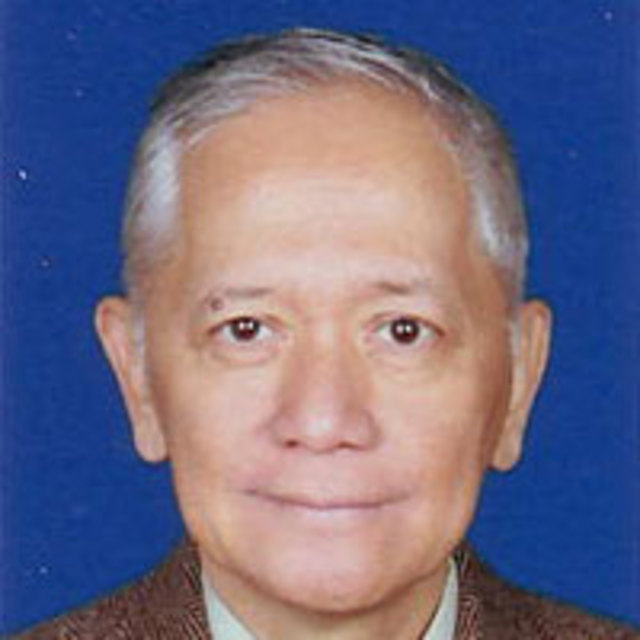

I watch the televised broadcast of President Duterte. Because COVID-19 terrifies me. Under lockdown, I follow the global coverage of the pandemic’s seemingly inevitable spread. Horrifying stories of rich nations staggering under the weight of the sick and the dead make me wonder how we will cope with COVID-19. We have lost good friends to the plague. We fear for the frontliners and pray for them every night; we have family members among them. Also, family members with health conditions requiring regular confinement in hospitals. They must now face the risk of COVID-19 infection assaulting weakened immunity systems.
I listened to the foreign secretaries of South Korea and Spain and epidemiology experts like Dr Anthony Fauci as they explained their evolving responses to the health crisis. I cannot help the sad and forlorn wish that our President had such advisers to help him. After many messages urging me to watch Singapore Prime Minister Lee Hsien Loong addressing his country, I eventually and reluctantly did. I watched him speak to the nation, using in turn its 3 official languages. In one briefing, he spent under 10 minutes to explain a new surge of infection among migrant workers, the response of government, and what the public had to do. He also thanked the workers and their families for their contribution to Singapore’s development and reassured them of government assistance.
Idle waste of time to compare the personal credentials and communication styles of the two leaders. It is what it is, Mr Duterte is what we have. Enough Filipinos voted him president and we must respect that choice. I listen to him because he is president. I want authoritative information on the state of the pandemic, what government has accomplished from one week to another to address identified problems, and what the public should prepare for. In this context, it is permissible and useful to compare how leaders use the resources of their office to communicate to their people.
After so many appearances, I have to ask: What is the purpose of the Midnight Show? What is it achieving? It is not a press conference, as the first one was originally billed; no independent media were present. Some analysts suggest that the program enables Executive compliance with the Bayanihan Act requirement for a weekly report on the exercise of emergency powers and its results. I wonder if the show meets the accountability reporting requirements of the law.
The Midnight Show offers valuable bully pulpit that can ideally project Mr Duterte’s leadership. It can serve to inspire and rally the people behind a common cause. But some changes can make it more effective, starting with scheduling the program on prime time to reach a bigger, hopefully, more awake audience. Keeping the program short would also help. Brevity would require that the presidential briefings focus on disseminating decisions, on which we assume IATF, after vigorous debate as a collegial body, had reached consensus. We do not need a reality show exposing the conduct of IATF discussions; we are not grading class participation. But the April 13 episode featured recommendations from Sec. Joey Concepcion on the reopening of the economy that Mr Duterte was apparently hearing for the first time. He did promise a response within two days.
In a time of crisis, we do not need a public catfight among IATF members. Who cares if Sec. Locsin’s foul-mouthed tirade in media against the ban on the return of health workers to their overseas jobs impressed anyone? Whether gaining him more or less PR points, the big loser was the IATF and the President. Was not the IATF constituted precisely to discuss and settle contentious issues before they become media fodder? Government can and should provide another forum where independent media and the public can question, critique, and clarify IATF decisions.
For both brevity and impact, the President needs a simpler, shorter script and bigger fonts. The image of authority is diminished when Sen. Bong Go has to put his finger on the text to recall overlooked points. Admittedly, Mr Duterte is clearest when venting his anger and attacking critics, or alternatively, complimenting Sen. Go and other friends. But the adlibs distract and drag him off-message and make it more difficult to follow his thinking on policy issues. The April 9 episode began auspiciously with upbeat reports from Sec. Bautista and Sec. Dominguez. Purporting to recap the discussion, Mr. Duterte proceeded to undermine what his action officers had reported.
Mr Duterte does not seem to need, and certainly not the public, the profusion of praise that Donald Trump appears to require from his followers. Enough already about his decisive, proactive measures against COVID-19. It would be sad and worrisome to believe that respected professionals may now find themselves compelled to proclaim in public what many, and they better than most, already know stretches the truth. They damage their own credibility.
The Midnight Show can do much to help reach and reassure the public. But government must first evaluate its current costs and benefits and what must change for it to do better. Not too difficult, if abiding by Obama’s plain and modest advice: "Speak the truth. Speak it clearly. Speak it with compassion. Speak it with empathy for what folks are going through. The biggest mistake any us can make in these situations is to misinform.” – Rappler.com
Edilberto C. de Jesus is professor emeritus at the Asian Institute of Management.